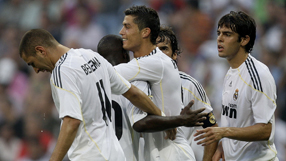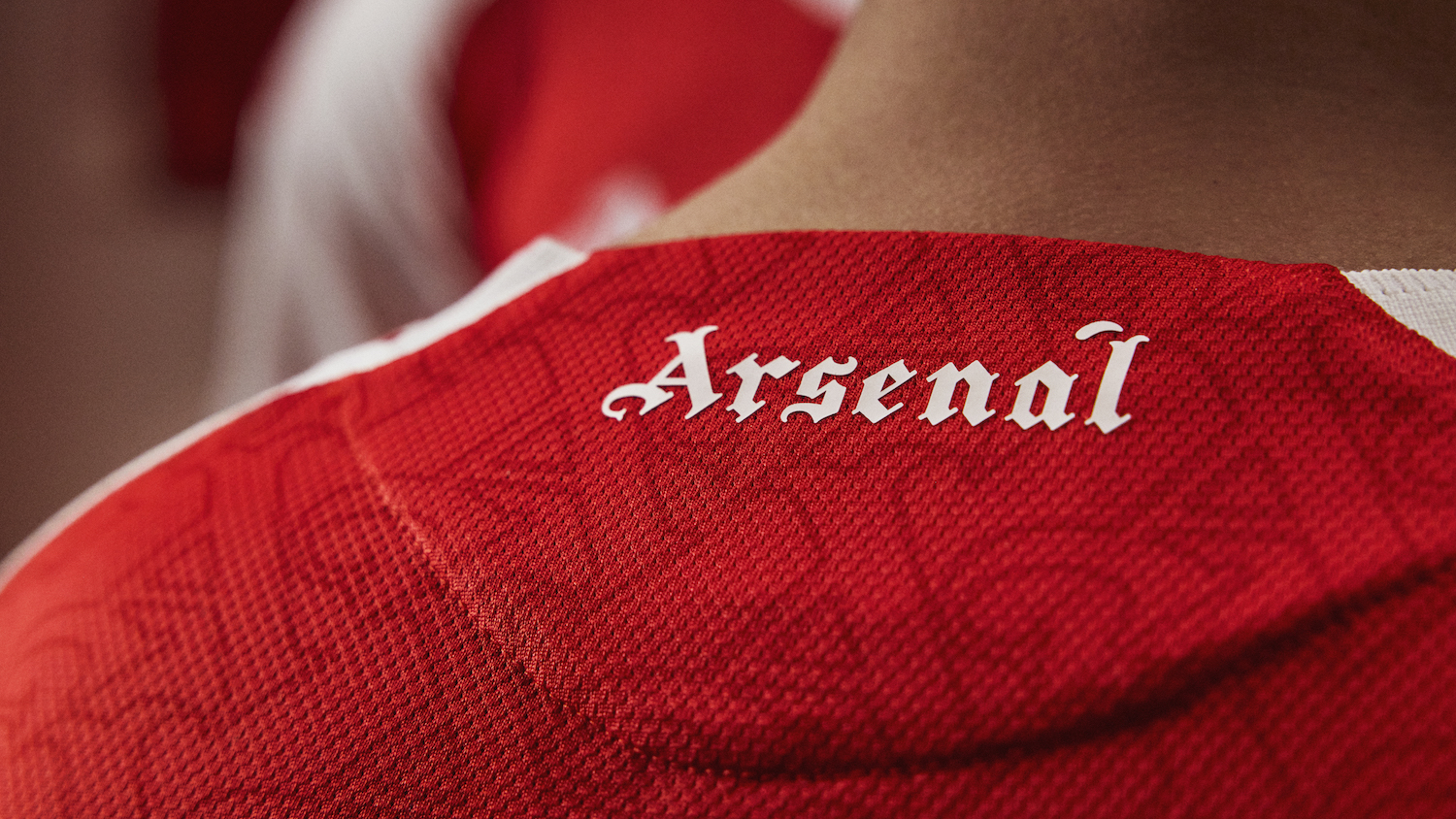
Real spent 735 million euros on 40 players between 2003 and 2009, according to the study by Jose Maria Gay, a professor of accounting at the University of Barcelona and an expert on football finances.
The investment contributed to a deficit between 2000-2009 of 559 million euros and the latest spending spree by new president Florentino Perez, in which he lavished around 250 million euros on players including Cristiano Ronaldo and Kaka, has lifted the club's gross debt to around 800 million, Gay estimates.
"Real's most important revenue streams won't be enough to offset their spending," Gay said at a presentation in Barcelona. "It's a very risky investment."
Perez argues that the strategy of buying stars like Ronaldo and Kaka will allow the club to negotiate improved contracts with sponsors and TV rights holders and sell additional merchandise that will make the investment worthwhile.
Real this week extended their shirt sponsorship deal with Austrian betting group Bwin by three years until 2013 and Spanish media reported the club will earn more than 20 million euros a year from the new agreement.
According to Gay's study, Real's arch rivals Barcelona spent 365 million euros on 35 players between 2003 and 2009 and have an accumulated deficit between 2000-2009 of 66 million euros and had debt of around 440 million euros in 2007-08.
Rather than filling their squad with imported talent, many of the Catalan club's star players, like Lionel Messi, Xavi and Andres Iniesta, have come through the youth program.
The best features, fun and footballing quizzes, straight to your inbox every week.
FINITE GAINS
"I believe Barcelona's economic model is a sustainable one whereas Real Madrid's is not very sustainable," Gay, an Espanyol fan, said in an interview with Reuters Television.
Real had relied too heavily on income from extraordinary items such as selling off real estate, he added.
"Extraordinary gains are finite," he told Reuters TV. "You can sell a house, and then another house, but in the end you are left with no houses."
Gay noted that economic success for a soccer club depended on sporting success and this meant Real were under a lot more pressure this season than European and Spanish champions Barca.
Real last won the Champions League in 2002 and have failed to make it to the quarter-finals of Europe's top club competition in each of their past five campaigns.
"If Real Madrid don't make it to the Champions League final in May it would be a disaster in both sporting and economic terms," he said.
"They have to win the final to get back to the summit of European soccer and they are under a lot of pressure for quick results. Barcelona are not under the same kind of pressure and that gives them a certain calm."
 Join The Club
Join The Club





